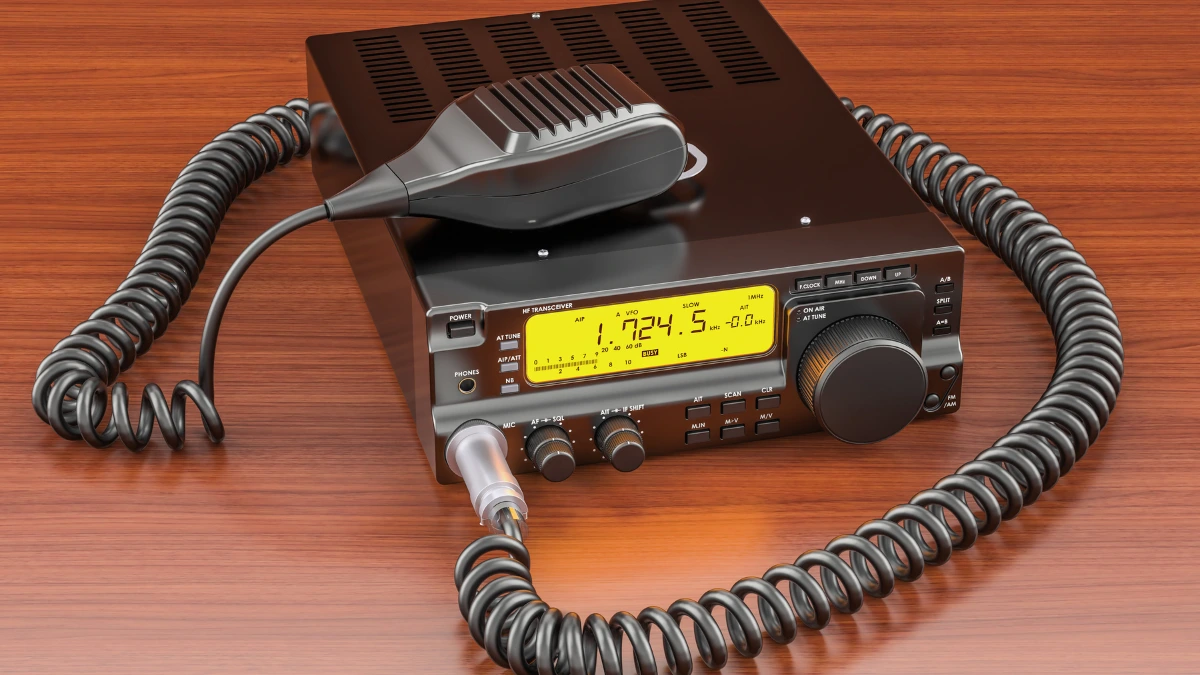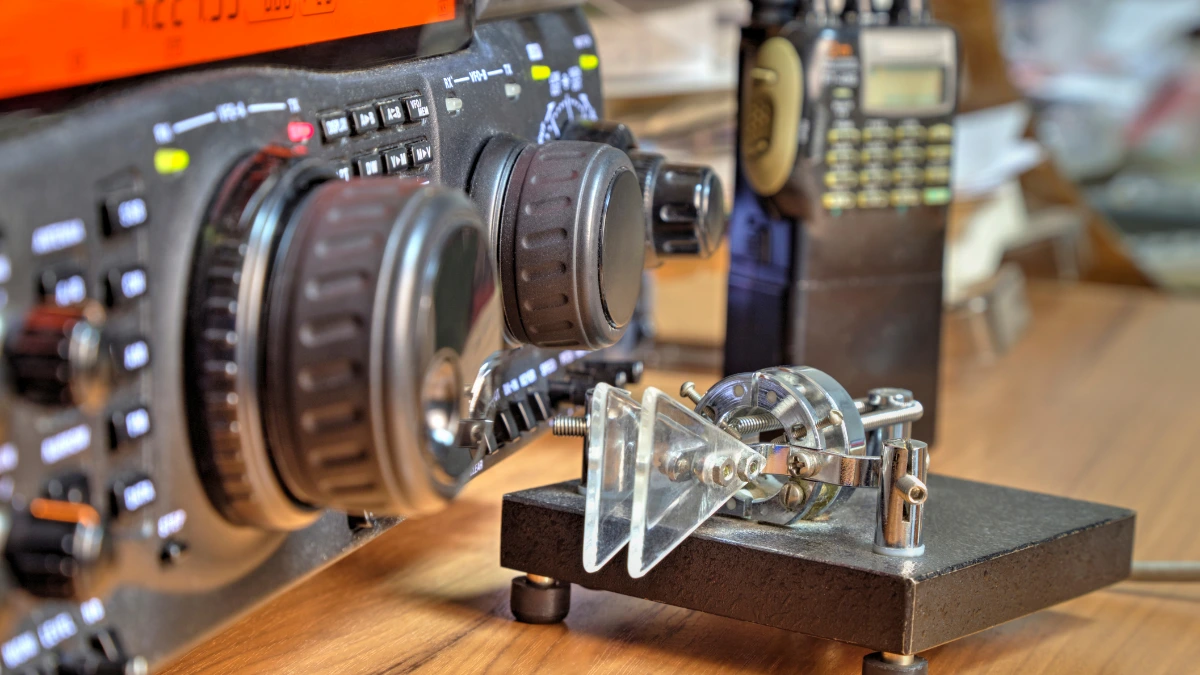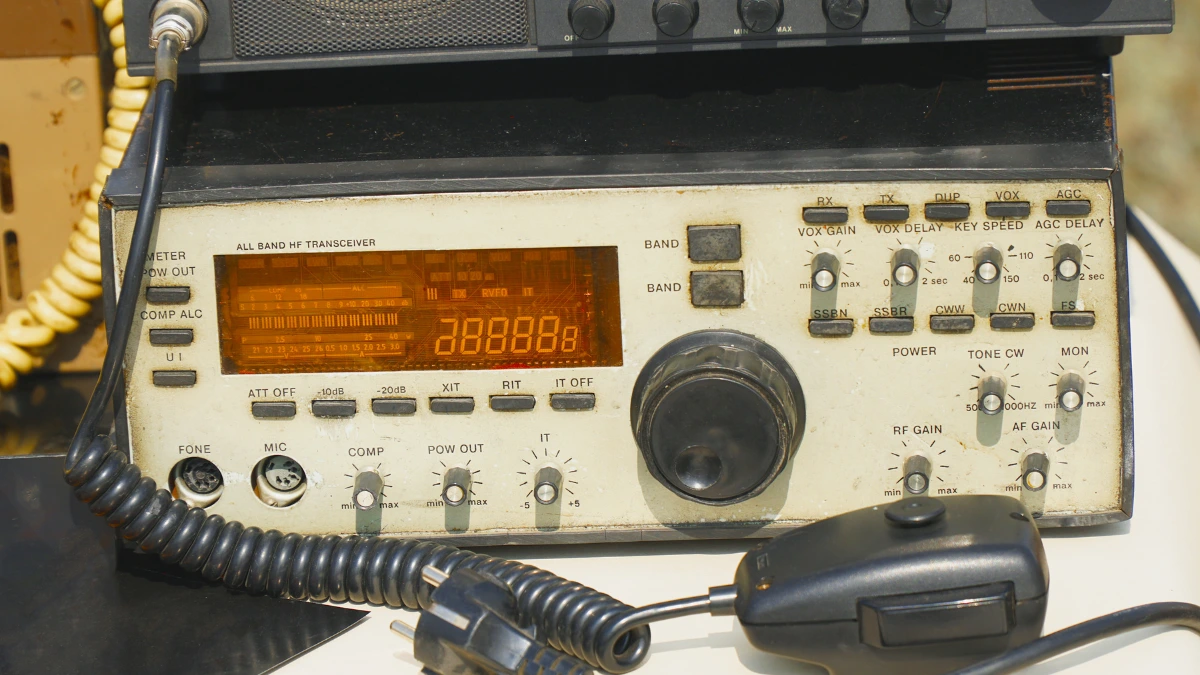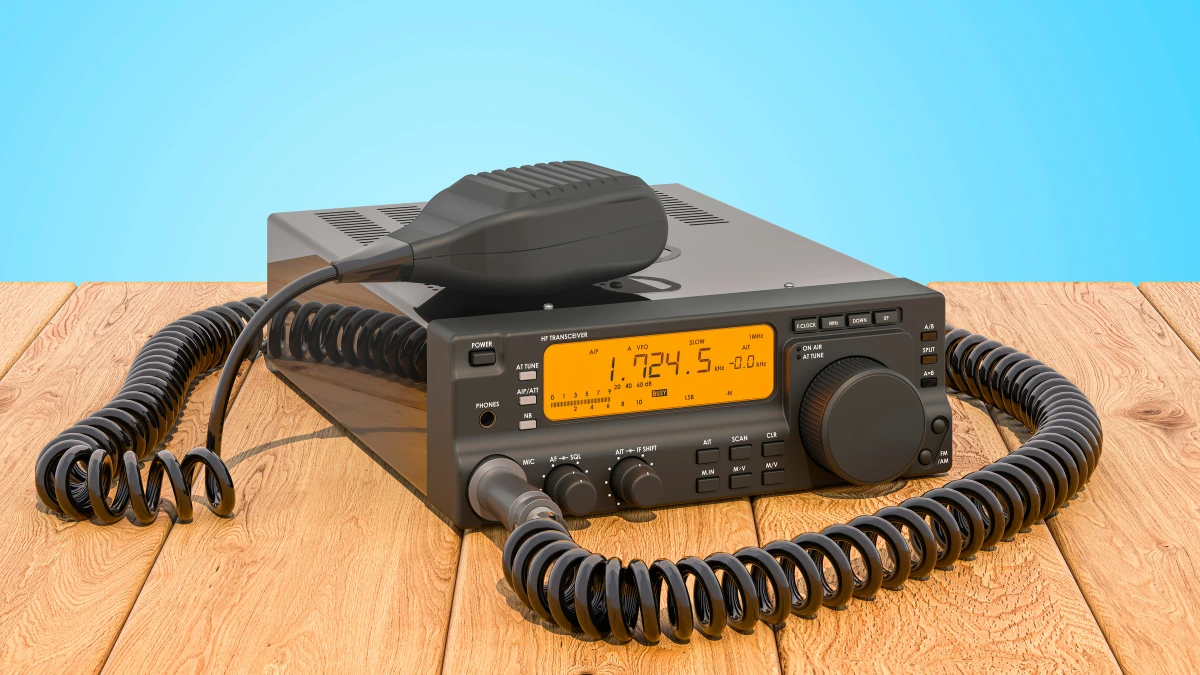A radio rig provides many benefits, especially the ability for emergency communications. However, the advantages and disadvantages of radio rigs cannot be easily separated, even though the benefits are evident.
The advantages and disadvantages of radio rigs include reliable communication tools, do not depend on cellular networks, even easy to use, while the disadvantages include the risk of signal interference, alternating communication, even requiring a specialized technician for installation.
This article will inform you about some of the advantages and disadvantages of radio rigs that you can consider.
The Advantages and Disadvantages of Radio Rig

Like any other technology, a radio rig has several advantages that can be utilized and disadvantages to consider. The advantages of radio rig include reliable communication tools, do not depend on cellular networks, even easy to use, while the disadvantages include the risk of signal interference, alternating communication, even requiring a specialized technician for installation. Here are the advantages and disadvantages of radio rig:
The Advantages

Here are some advantages of a radio rig:
1. Reliable communication tool
One of the advantages of a radio rig is that it is a reliable communication tool. It becomes a reliable communication tool when cellular networks may be disrupted, such as in emergencies and natural disasters.
2. Extensive range
An extensive range is another one of the advantages of radio rigs. With the use of appropriate antennas, the range of these devices can be quite extensive, making it ideal when long-distance communication situations are required.
3. Does not depend on cellular networks
As we know, radio rigs do not use cellular networks while using radio frequencies. Hence, this device can still be used in areas where there is no cellular network.
4. Clear sound quality
Despite using radio frequencies, rig radios already have clear sound quality, especially digital ones. This one advantage makes this device reliable even in noisy environments.
5. Easy to use
Another advantage of this tool is its ease of use. Even if you are not familiar with or a beginner with this device, there is no need to worry, because radio rigs are generally very easy to use.
The Disadvantages

Here are some disadvantages of a radio rig:
1. Risk of signal interference
One of the drawbacks of radio rigs is the possible risk of signal interference. It uses radio frequencies that may be at risk of interference from factors such as electromagnetic interference, too long a distance, or bad weather.
2. Range limitation
Range limitation is still a drawback of radio rigs. Although capable of reaching a considerable distance, the range of these devices is highly dependent on the type used, geographical conditions, and the surrounding environment.
3. Alternating communication
Although it is a two-way communication tool, in communicating using a radio rig, users have to talk alternately. This means there is no way to repeat important information if it is missed, unlike other media that allow for repetition.
4. Limited communication features
Radio rigs have limited features, namely voice communication only. The basic feature of this device is alternating two-way communication, unlike other communication devices that may have additional features such as SMS or data.
5. Requires a specialized technician for installation
Although using this tool is fairly easy, installing a radio rig requires a technician with knowledge of frequencies, squelch, antennas, and output power. Communication can be disrupted or even malfunction if there is a setting error.
Those are the advantages and disadvantages of radio rigs that you can consider before deciding to use them. When you choose to use a radio rig, you can feel all the advantages of reliable communication tools; it does not depend on cellular networks, even easy to use.
However, don’t forget to make a consideration of the disadvantages of risk of signal interference, alternating communication, even requiring a specialized technician for installation. Another thing to note is that a radio rig must pass the certification test from the Directorate General of Digital Infrastructure (DJID).
With a DJID certification, users can feel calm about using a radio rig device whose quality and security are guaranteed. For manufacturers or importers of radio rig devices, obtaining certification from DJID is a mandatory step before the device can be officially marketed in Indonesia.
To simplify the certification process, we are available to assist with this process as a reliable solution. [UN].

